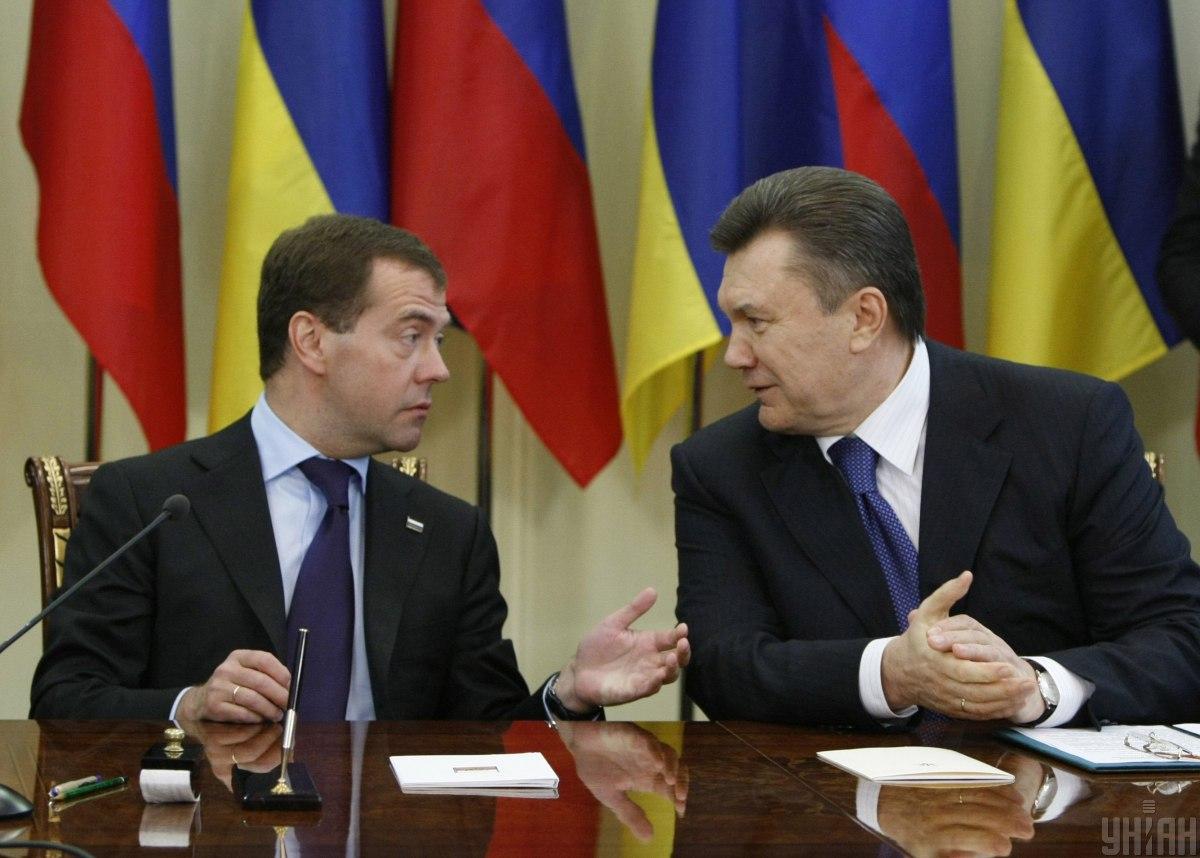
Ukrainian law enforcement agencies have issued a notice of suspicion to ex-President of Ukraine Viktor Yanukovych who is charged with high treason.
According to the State Bureau of Investigation, he in 2010 assisted Russia in conducting subversive activities against Ukraine, the Prosecutor General's Office reported on January 28.
Read alsoProsecutors seek to initiate Yanukovych's extradition from Russia
The charges concern the so-called Kharkiv accords signed between Yanukovych and the then Russian President Dmitry Medvedev. The document extended the period for the Russian Navy's deployment in Ukraine's Crimea for another 25 years under the pretext of receiving a discount on natural gas.
The investigators concluded that the document did not provide any discount, as before it was signed, the price for Ukraine had been doubled.
"As of the end of 2008, the price of gas per 1,000 cubic meters for Ukraine was US$179.5, while at the end of 2010 it was US$352.33. In addition, it was the [alleged] reduction [in the gas price] that was stipulated as Ukraine's obligations on the state debt owed to the Russian Federation, which were to be met," the PGO says.
According to the investigation, Russia at first artificially created and accumulated Ukraine's debt for the supply of gas, and then, as its repayment, in particular through allegedly providing the discount, kept its fleet deployed in Crimea for free.
"As a result of the so-called Kharkiv agreements signed by the ex-president, the troops and military equipment of the Russian Armed Forces deployed in Ukrainian territory were expanded instead of the launch of preparations for their reduction and withdrawal from the territory of Ukraine," it said.
The PGO recalled that it was the military from the Russian Navy who were directly involved in the Russian occupation of Crimea in 2014.
Kharkiv accords
- The Yanukovych-Medvedev agreement was signed on April 21, 2010. According to the document, the period for the Russian Black Sea Fleet's deployment in Sevastopol was extended from 2017 to 2042 with an automatic extension by another five years if either party did not object. The document fixed a rate for the use of land and the sea.
- As indicated in the agreement itself, the period of the Navy's deployment was prolonged in exchange for a reduction in the price of Russian natural gas for Ukraine by applying a discount in the form of the cancellation of customs duties.
- It was ratified by the Council of the State Duma on April 27, 2010.
- In Ukraine, the agreement caused outrage among the opposition, environmentalists, local councils and society at large. Most analysts regarded it as contrary to the Ukrainian Constitution.


